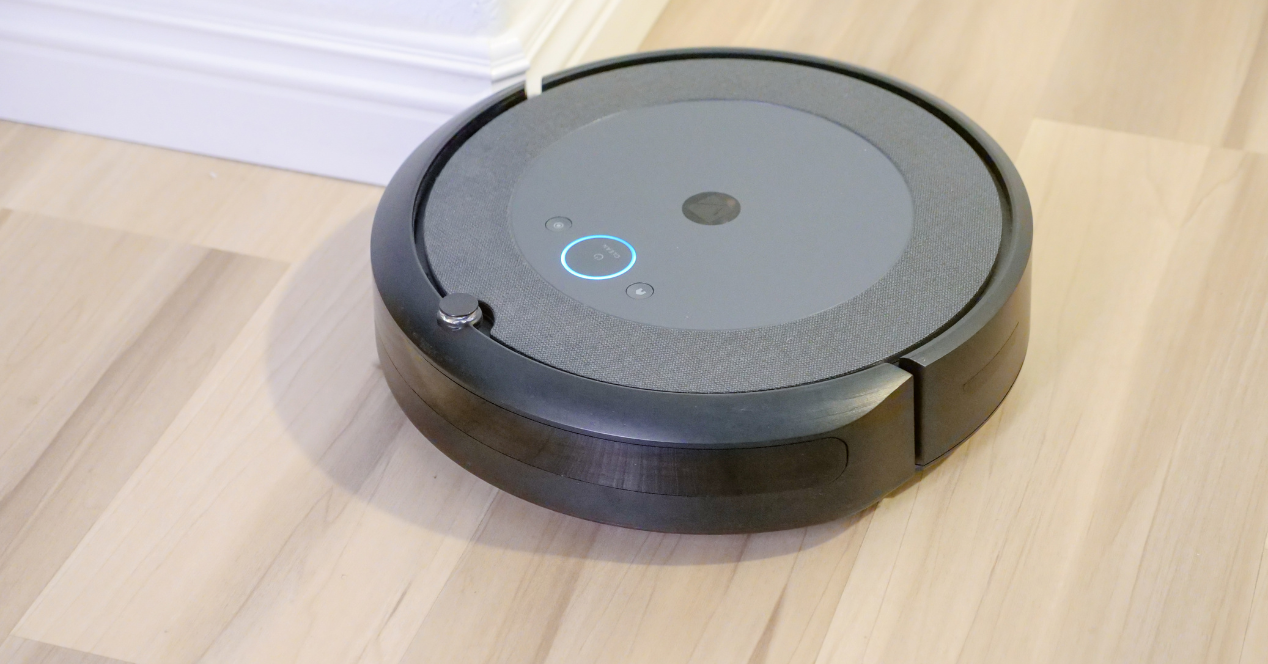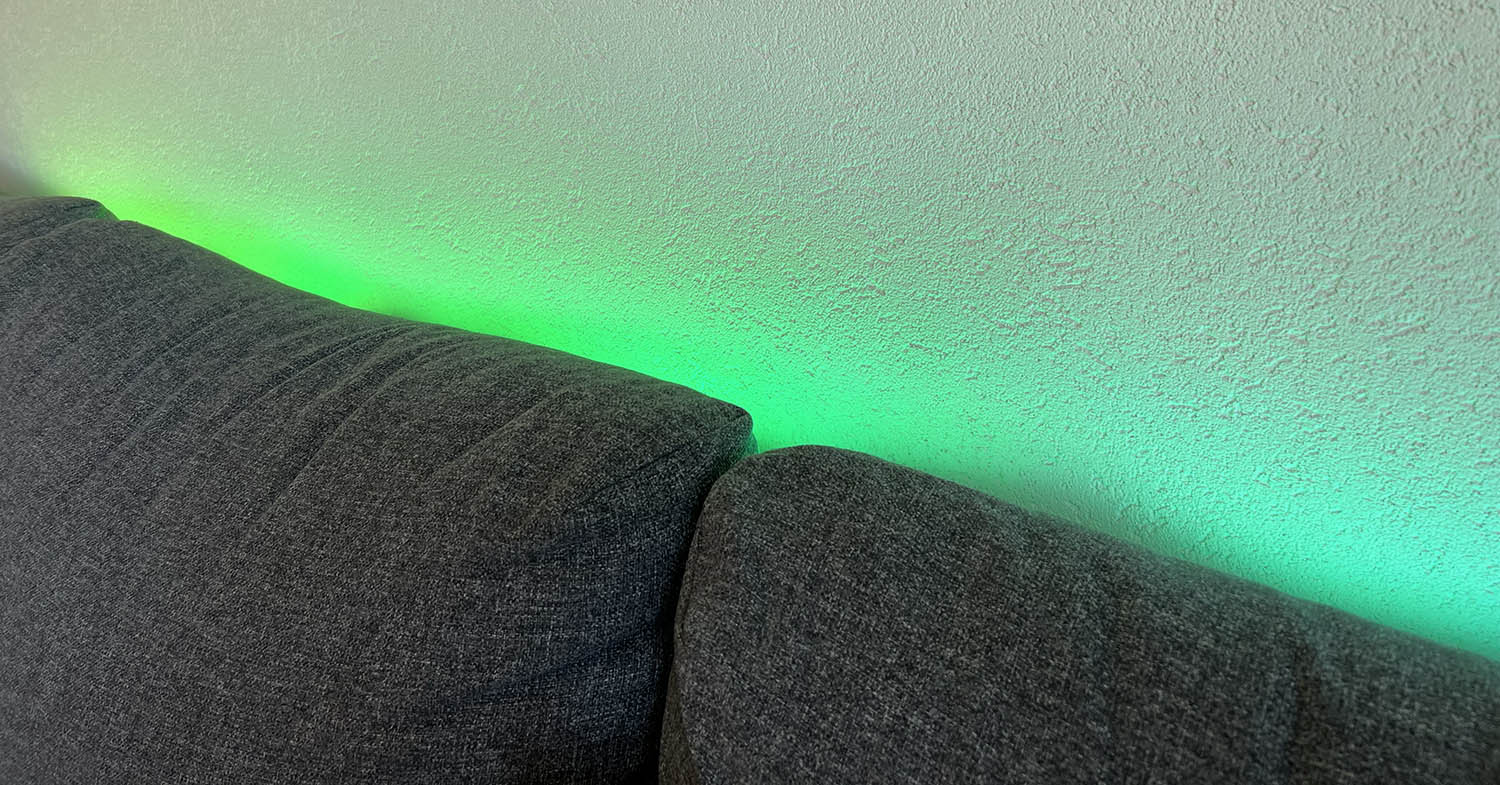Did you know that your vacuum cleaner could be spying on you? It sounds crazy, but in the age of smart devices and the Internet of Things, the possibility of our electronic devices spying on us is a reality. In this article, we’ll explore whether vacuum cleaners can actually spy on us and what steps we can take to protect our privacy at home.
In an increasingly connected world, smart devices have become ubiquitous in our homes. From virtual assistants to smart thermostats, these devices make life more comfortable and convenient. However, as the number of devices connected to our home network increases, the risk of our privacy being violated also increases. In particular, there have been growing concerns that our vacuum cleaners may be spying on us. Watch out for the Roomba or the Conga!
What data can you collect?
Most companies that make robotic vacuum cleaners share anonymous or aggregated information with third parties, but this is common in many other businesses. Although most of these companies only collect information necessary for the proper functioning of your devices, they often use this data for other purposes, such as displaying advertisements for products that they themselves or third parties sell.
When we use smart devices, data known as metadata is collected. This includes information about when a device is turned on and how long it is used. Hackers can passively obtain this information without having to break into our network, similar to when someone outside our house guesses that we are cooking because the kitchen lights are on.
In addition to metadata, many smart robotic vacuum cleaners also create floor maps as they clean, sometimes using cameras to avoid obstacles or even as a mobile security system. The companies that make these vacuum cleaners often collect information about the run time, the area cleaned, and if any errors occur.

It must be taken into account that the European Consumer Center of Spain has its own rules. The European Union data protection regulations state that the processing of personal data can only take place in certain situations and under certain conditions. These situations include:
- The express consent of the data owner
- The need to process such data to fulfill a contract or to make a job or loan application
- The legal obligation to process the data
- The existence of a vital interest for the owner of the data
So we ourselves are the ones who will be accepting the processing of our data if we download the app and accept all the terms.
How to Delete Data on an iRobot
If you want to delete your data from an iRobot vacuum, the best option is to do it through the app. However, the company may choose to anonymize your personal information and use it for product and feature development. If you request deletion of your data, iRobot will delete the personal information from its servers within 30 days. If you want to access your data, the company promises to comply with all applicable laws, providing us with the information within 45 days.
However, the company’s Privacy Policy mentions that they reserve the right to anonymize your personal information, including data on the use of their robots and services, and use said anonymous information for their own records and for the development of new products and features.
There are also other brands of robot vacuum cleaners, such as Ecovacs, which ensures that if you request a copy of your personal information in a standard electronic format, they will provide it to you so that you can easily manage and transfer it. However, you should keep in mind that they will not be able to delete your personal information without also deleting your user account.













